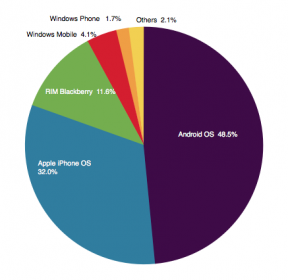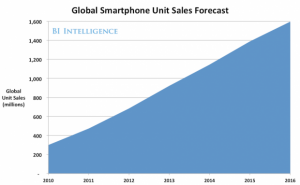Long Live the Hardware – Consumer Electronics Show3 min read
January 15, 2013The CES, or the International Consumer Electronics Show, for those of us who aren’t in the technology awards circuit, commenced Monday, thus handing out its yearly prize to Samsung. Samsung won out in the 2013 edition of the CES’ convention over viable foe, Sony. The North Korean tech wizard claimed this year’s title through an array of products, led by its patented Galaxy S3 system, powered by Google’s Android OS. Many in the tech device know-how consider the Galaxy S3 the world’s only formidable competition for Apple’s iPhone, riding the coattails of a November sales report which positioned it as the world’s best-selling smartphone.

The victory comes with a small disclaimer. Industry giants like Apple, Microsoft, and Google did not “compete.” The yearly convention, according to some, has become somewhat nostalgic, as your usual industry trailblazers are not in attendance or in consideration. The reason for the nostalgia is the distinction in the tech market between hardware and software. Most experts point to software as being the primary player which drives the technology market, that’s why it’s no surprise that software leaders like Apple and Google were “left out.”
But keep in mind that without the hardware, the software is futile; they are interdependent upon each other. You could liken the hardware/software affinity to the wealth of information that the human brain possesses. It’s vast in its system of processing and sending information, but without a vessel (the body) with which to express those messages, it’s useless. The Samsung Galaxy S3 is a hardware vessel.
In 2012, it was estimated that about half of all U.S. mobile consumers used smartphones, and it’s projected that up to 70% could be smartphone users in 2013. This staggering stat brings a site’s mobile optimization (specifically for smartphones), or lack thereof, to the forefront. Here’s another statistical factor: a Google study anticipates that by the year 2016, roughly 80% of internet users will surf the net from their mobile devices, 80% of which will be smartphone owners.

Without getting caught up in the red tape of this year’s CES awards, there is a simple take-away. The fact is that when the world wakes up tomorrow, the world will probably need, or want, TVs, laptops, and smartphones. The world will also be inclined to surf the web from their mobile “hardware” devices, 8 out of 10 of which will be smartphones. So the winner of the CES’ yearly prize may draw laughs from a majority of the technology industry, but understanding the harmony between hardware and software has led Samsung into a deep understanding of their market, and they might just have the last laugh.
Sources:
Hardawar, D. (2012, March 29) The Magic Moment: Smartphones now of all U.S. mobiles.
Retrieved from http://venturebeat.com/2012/03/29/the-magic-moment-smartphones-now-half-of-all-u-s-mobiles/
Weber, T. (2012, January 27) Web Economy in G20 set to double by 2016, Google says.
Retrieved from http://www.bbc.co.uk/news/business-16753902